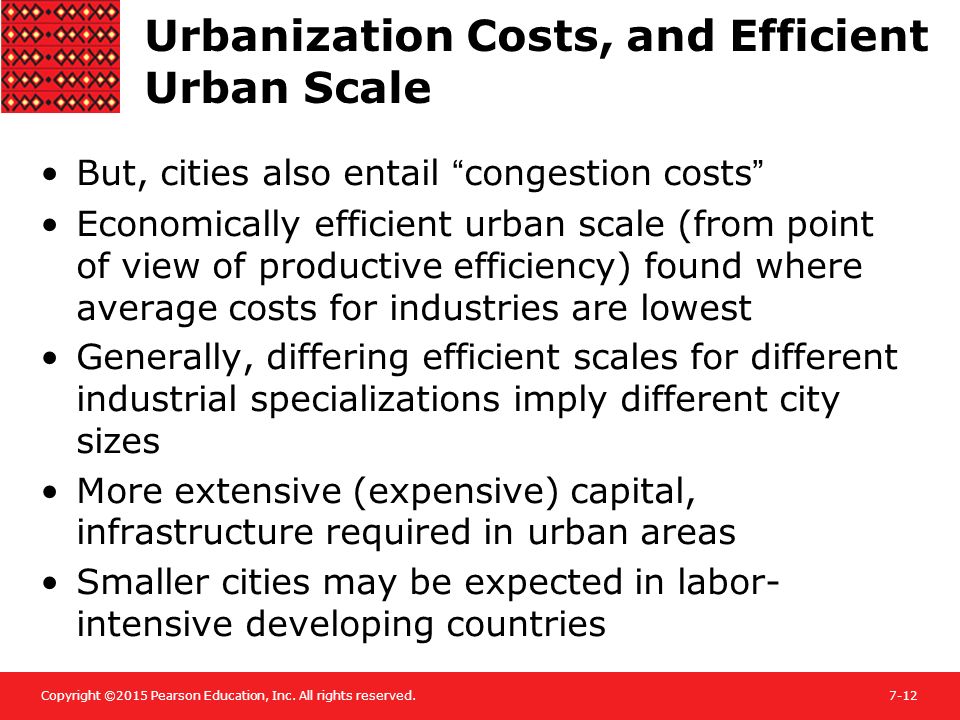Urbanization And Rural Urban Migration Theory And Policy Pdf
Chokher Poloke Hd Video on this page. THE MIGRATION AND URBANIZATION DILEMMA THE ROLE OF CITIES THE URBAN GIANTISM PROBLEM THE URBAN INFORMAL SECTOR URBANIZATION AND RURAL- URBAN MIGRATION: THEORY AND POLICY BY: Sthepania Medina Bahamon Stefania Nastul Zapata Sara Reyes Rodriguez Daniela Rivera Suaza We focus on one of the most complex and nuanced dilemmas of the development procces: the phenomenon of massive and historically unpreceden movement of people from the rural countryside to the burgeoning cities of Africa, Asia and America Latina. Sakanaction Eureka here. The key question is how developing countries are coping with the rapid pace of urbanization economically, environmentally, and politically.

Urbanization and Rural-Urban Migration: Theory and Policy Chapter 8 The Migration and Urbanization Dilemma Urbanization: trends and projections The Role of Cities. Urbanization and Rural-Urban Migration: Theory and Policy Key Issues 1. Urbanization trends and projections 2. The role of cities in the development process. 3.2 Urbanisation and rural–urban migration as a policy challenge 13 4 Urban poverty and exposure to risk 17 4.1 The many dimensions of urban poverty 17. Urbanization and Rural-Urban Migration. • any economic policy affecting rural or urban incomes will. Towards an economic theory of rural-urban migration.
Xming 7.5.0 here. A large section of urban population is deprived of even the basic amenities of water, sanitation, house, and access to health and educational facilities. Positive relationship between per-capita income and urbanization The share of urban population has increased in both slow growing as well as rapidly growing countries The share of urban population in developing countries is projected to increase rapidly A large proportion of urban population in developing countries live in slums What explains the strong association between urbanization and economic development? Agglomeration Economies It is easier to provide residential infrastructures, schools, health-care and other service activities. These benefits are general in nature. Localization Economies Benefits accruing to particular sector or particular type of firms from locating in the urban area.
Clustering of firms may lower the cost of production. Benefits that firms, workers, and consumers obtain when locating near each other. These benefits arise due to economies of scale and network effects. Urbanization Economies INDUSTRIAL DISTRICTS EFFICIENT URBAN SCALE Clustering of firms of same type. Localization economies encourage emergence of industrial districts. Clustering also has spill-over benefits: 1. Flexible Specialization 2.